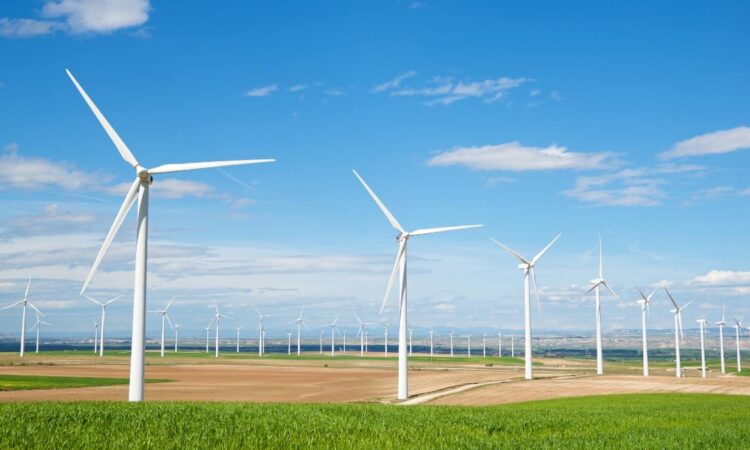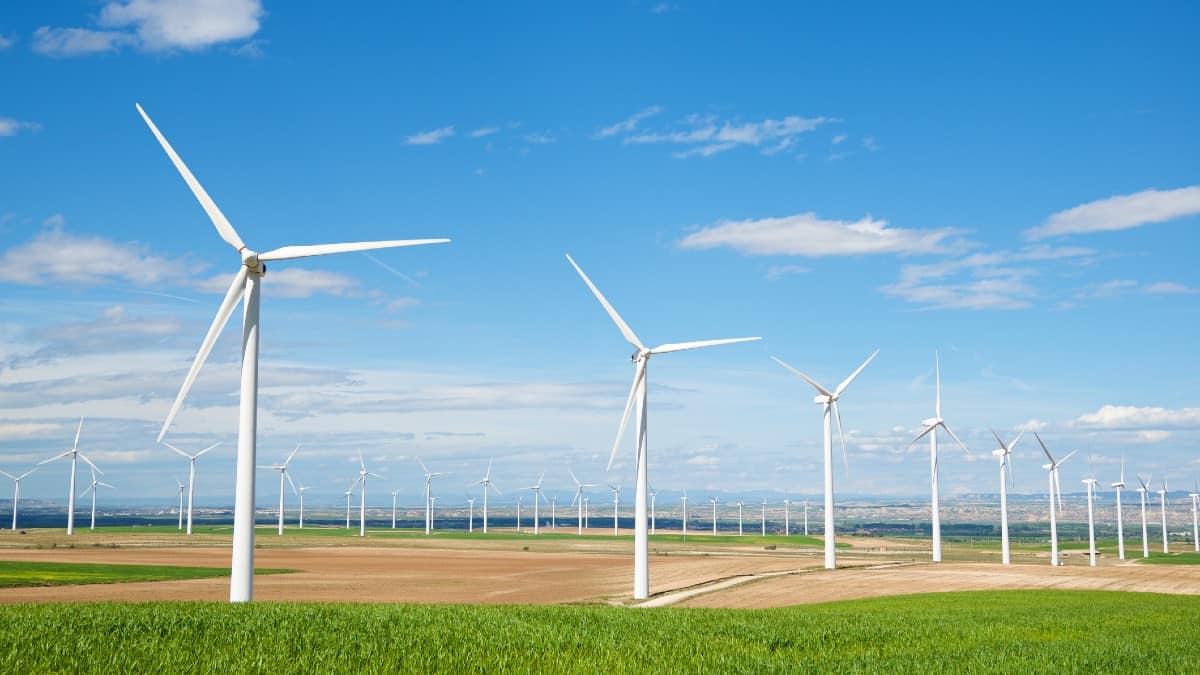

Image source: Getty Images
When it comes to dividends, I like the prospect of some unearned income as much as many other investors. One popular share for its income prospects is energy network operator National Grid (LSE: NG). The National Grid dividend yield is 5.3%.
The firm has consistently raised its annual payout. Not only that, but it owns a business that looks sent from heaven when it comes to generating free cash flows to pay dividends.
No matter what happens in the economy, consumers and businesses will still want to use electricity and other forms of energy. Demand may vary according to price, but even when it is costly, a lot of energy will still be used. With a form of monopoly on parts of the energy distribution system, National Grid looks like it has a license to print money.
So, why am I not planning to add the shares into my portfolio?
Expensive cost base
An energy distribution network can be a valuable asset. On the other hand, it is expensive to build and maintain. Indeed, because it is essentially part of the critical national infrastructure, a company that runs it needs to spend continuously on keeping it in the right shape or else facing hard questions about its ownership.
But such networks age and can require costly maintenance. Over the long run, keeping National Grid’s distribution network even in its current state will be costly.
Shifting patterns
The reality is that energy needs and supply are more dynamic than many people realise.
The sources of energy have changed dramatically in the past couple of decades. That can add a lot of cost, as new sources need to be physically connected to the grid.
Meanwhile, changes in working patterns mean that energy demand has also moved location in many cases. Again, that can require costly adaptation to keep the national grid fit for purpose.
Heavy regulation
However, lots of industries face a similar dynamic of shifting supply and demand. So, why do I see it as problematic for National Grid?
The cost of energy is like the price of food: it is an important element of how smoothly society functions. That means that a company like National Grid is heavily regulated. If it is profiteering, or simply perceived to be profiteering, that could affect the ongoing viability of its business.
So, when things go wrong with the network and lots of money needs to be spent on it, the burden will largely fall on National Grid. But when things go well and the company could make huge profits to compensate for its leaner years, there are regulatory constraints on how well it will really do.
That limits profitability – and therefore also growth prospects for the National Grid dividend.
Balance sheet
That need for continual investment also explains why the company’s balance sheet looks the way it does.
Net debt (excluding businesses ‘held for sale’) declined by 4% last year. But it still stands at £41bn.
That is higher than the company’s market capitalisation of £39bn. I see a risk to the National Grid dividend in future as the company needs to service that large debt.






